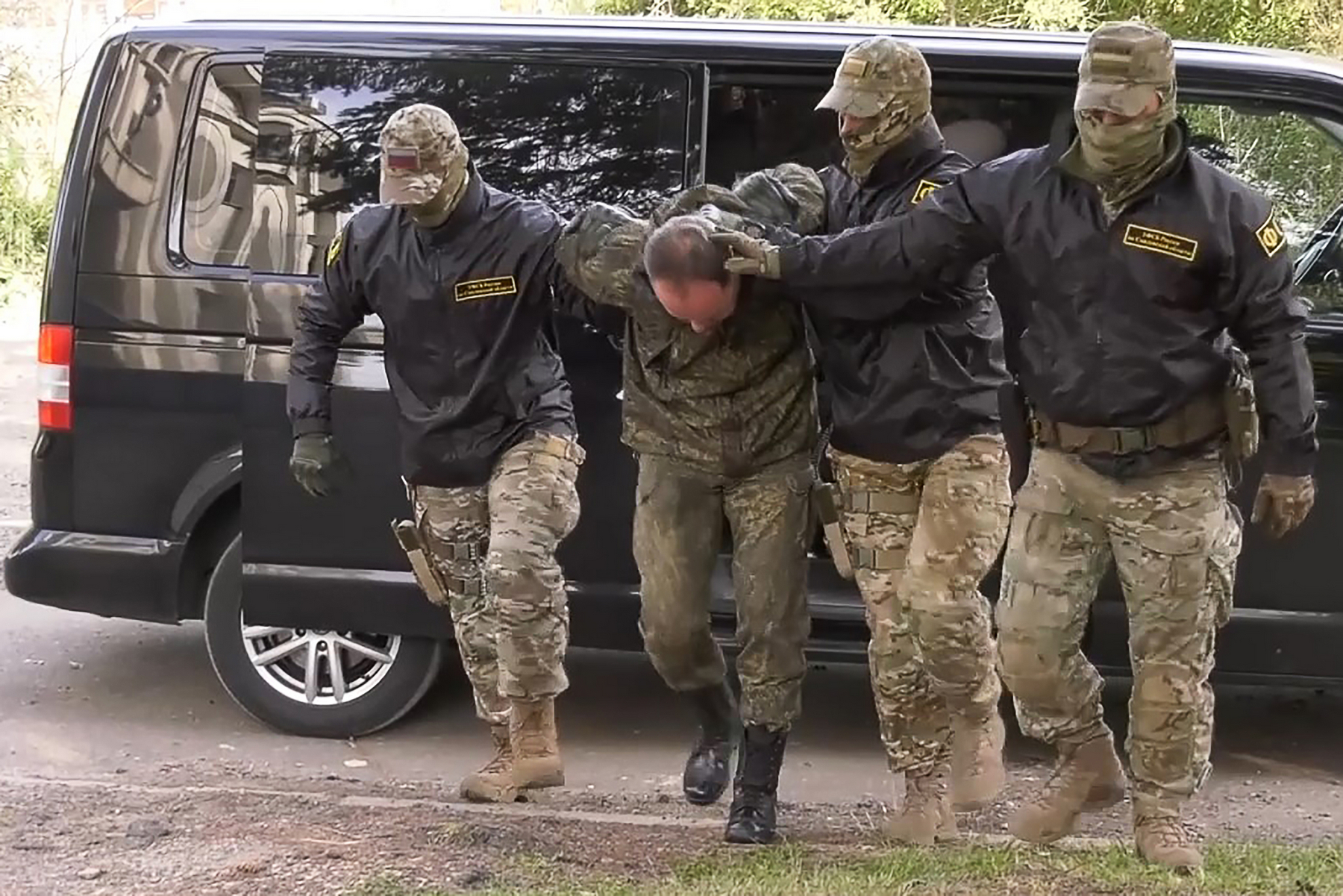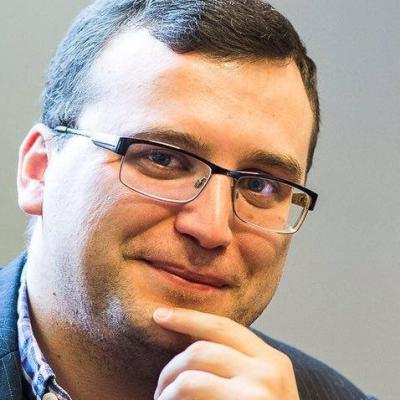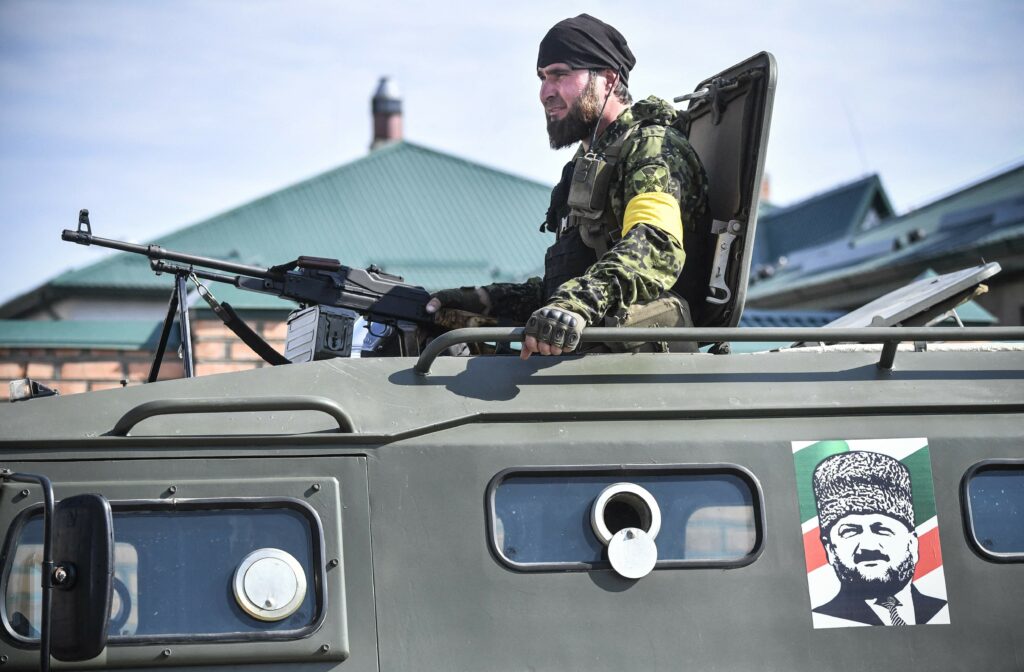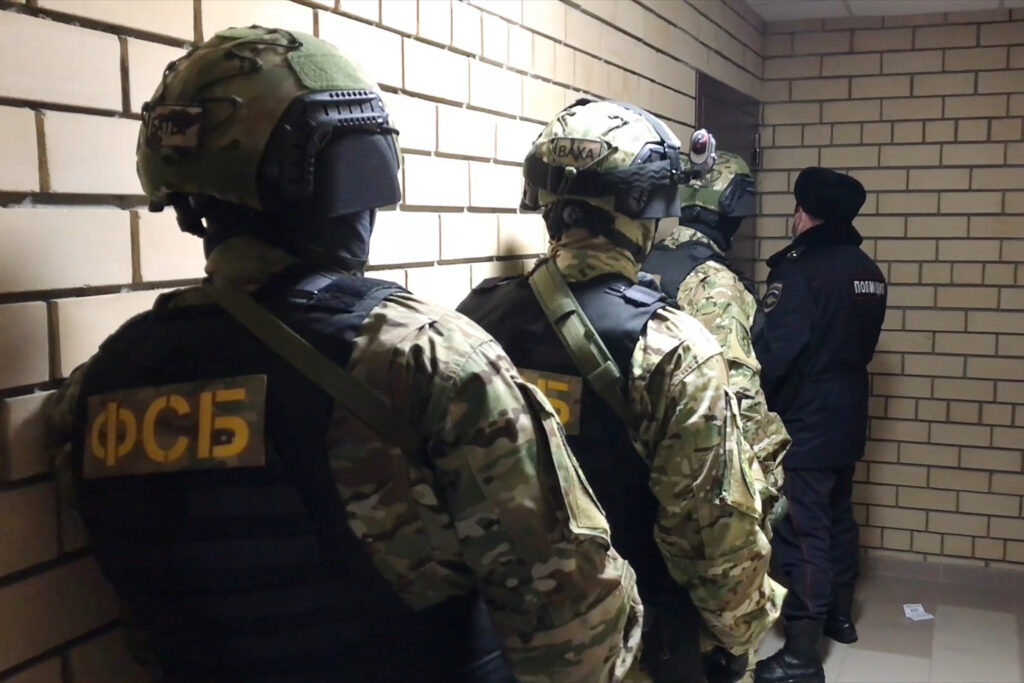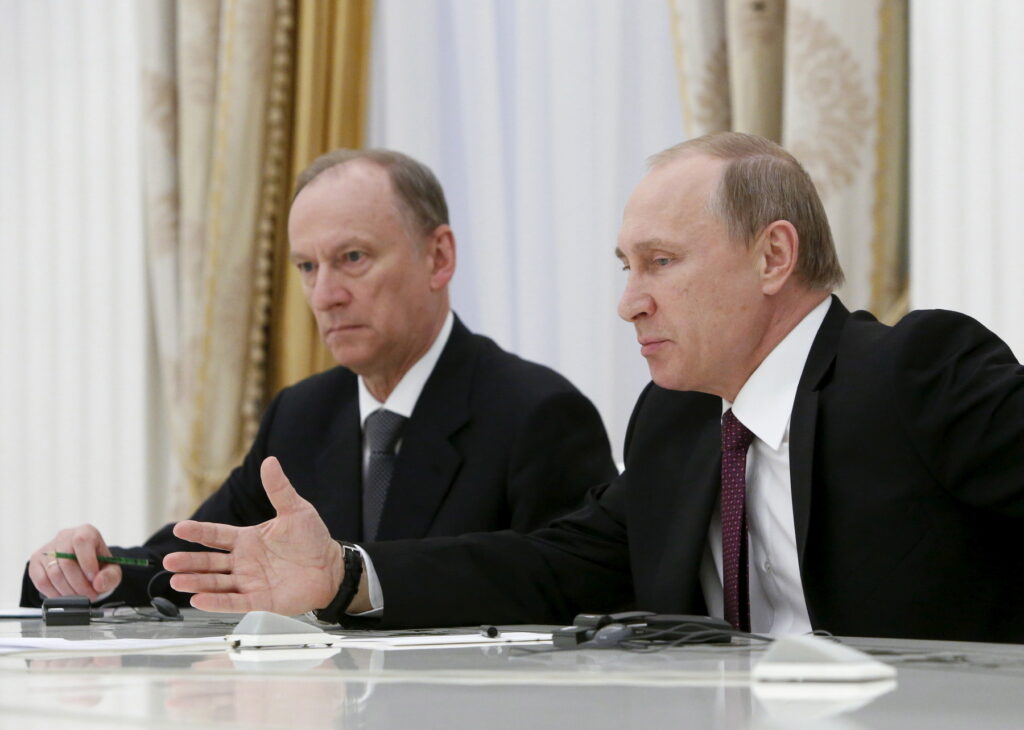In the late 1990s and early 2000s, treason convictions (Article 275 of the Criminal Code of the Russian Federation) attracted widespread public attention, but by the early 2020s they had become commonplace. Owing to the secrecy of such criminal cases and court trials, there is often no information available other than the name of the defendant and the prison term imposed by the court. Until recently, human rights defenders were able to draw public attention to such cases, but since Team 29, specialising in such cases, ceased its activities in July 2021, doing this will become even more difficult.
The data available suggests that a significant portion of such cases and of this very article of the Criminal Code have political overtones. This is evidenced by the vagueness of the definition of the crime: treason is not only sharing state secrets with another country but also any interaction with foreigners that is directed against the security of Russia, which leaves wide room for interpretation. The political nature of the article is also confirmed by the frequency and serial nature of the number of criminal proceedings, with no fewer than 126 cases from 1997 to October 2021, 58 of which have taken place since 2015. For comparison, 17 individuals have been convicted in Russia on charges of espionage (Article 276 of the Criminal Code) since 1997, while only foreign nationals are subjected to such indictments.
The fact that some people accused of treason are sentenced to prison terms shorter than those specified in the law (from 12 to 20 years) should also be taken into account. Presumably, such sentences are the result of deals with the investigative bodies (for example, a voluntary confession of guilt saves the investigators from the need to gather meticulous evidence). The investigators may also falsely interpret the actions of the accused, where there is no real crime, but a criminal case has already been initiated (in fact, fabricated), and admitting a mistake would bring about negative consequences for the investigators themselves and their supervisors. In addition, we cannot rule out the possibility of provocation by the FSB as the basis of some criminal cases, where intelligence officers, pretending to be people with access to classified information or presenting themselves as foreigners, induce a person to act, which is sufficient to accuse that person of treason. In other words, Russian security would suffer no harm at the hands of the accused even in theory, since he or she is under the control of the FSB from the very beginning.
The disclosure of state secrets (Article 283 of the Criminal Code of the Russian Federation), the unlawful obtaining of information constituting a state secret (Article 283.1 of the Criminal Code of the Russian Federation) and the loss of documents containing state secrets (Article 284 of the Criminal Code of the Russian Federation) are separate articles that differ from treason. These articles are the basis for dozens of court trials held behind closed doors every year. Also, the illegal export of technology or scientific and technical information and the illegal performance of work which may be used for the manufacture of weapons of mass destruction or weapons or military equipment (Article 189 of the Criminal Code, up to three court trials per year) are considered separate from treason. The four aforementioned articles prescribe much milder punishments, which is another piece of evidence in favour of the political nature of Article 275.
Typical defendants and the ‘sword of Damocles’
As of October 2021, there were at least 10 people under investigation on charges of treason in Russia: four missile technology specialists from Roscosmos, an adviser to the head of Roscosmos, a retired captain first rank who specialises in the Arctic, a former police lieutenant colonel, a former employee at the British office of Aeroflot, a Russian–German political scientist and the owner of a cybersecurity company.
In addition, seven people were convicted in 2021. However, three of them were sentenced to prison terms of less than 12 years. Alexey Vorobyov, now a former associate professor at the Moscow Aviation Institute and a rocket engine specialist, was sentenced to 20 years’ imprisonment, having been convicted of working for China. Alexander Vorobyov, former assistant to the Russian president’s representative in the Urals Federal District, was sentenced to 12.5 years in prison on charges of working for Poland. Two other men were sentenced to 12 and 18 years in prison, respectively.
A total of 110 Russian citizens faced criminal charges of treason between 1997 and 2020. One hundred and two of them were imprisoned, while two were given suspended sentences. Two more were sentenced in absentia, cases against three were dropped, and one defendant was acquitted.
The portrait of the average person convicted of treason is a man of about or over 50 years of age. Women began to be tried for treason in 2008 (there have been 11 such cases to date).
The majority of those convicted were active or retired servicemen (52 people). Of these, 35 were connected with the armed forces, including two scientists from research institutes of the Ministry of Defence. Another 17 servicemen were connected with the Federal Security Service and foreign intelligence bodies. In addition, two (of five) businessmen were convicted under Article 275 who were also directly or indirectly connected with the Russian secret services (2001 and 2019). One civilian scientist at a military research institute (1997), a civilian journalist for a Pacific Fleet newspaper (1997), a Federal Penitentiary Service officer (2008), two police officers (2015) and a former FSB employee of the Russian Orthodox Church’s External Relations Department (2016) were also convicted. Of all these people, one in three – i.e., 20 individuals – were sentenced to prison terms shorter than the lower threshold of 12 years, while the rest were put behind bars for between 12 and 20 years.
The second clearly identifiable group of those convicted of treason are scientists involved in military development and engineers working in the military-industrial complex (18 people). Three of these also belong to the previous group. Half of the people in this group were sentenced to prison terms shorter than 12 years, which suggests a higher percentage of cases than in the case of the military and siloviki, where investigators did not have enough evidence and focused their work solely on getting the accused to confess to the crime, or where the case was initially fabricated or based on a provocation by members of the secret service.
Charges of treason are a powerful disciplinary tool, directed primarily against those who collaborate with the state in sensitive areas. In addition, this ‘sword of Damocles’ is used in the context of hundreds of criminal trials regarding state secrets in which the accused must always realise that things could have been much worse for them. And here it no longer makes any difference whether a person’s actions were intentional, whether those people fell for an FSB provocation or whether their ordinary actions were just interpreted as treason.
Chronology and geography of treason
If we look at the chronology of convictions under Article 275, it may seem, from the outside, that the number of people convicted of treason has risen significantly in Russia since the early 2010s. For example, between 1997 and 2010, there were 38 convictions (including one acquittal and two people with suspended sentences), while between 2011 and 2020, there were 69 convictions. The year 2014 was the peak of the first period (with eight convictions), while the years 2014 – 2015 were the peak of the second period (with 10 and 14 convictions, respectively).
The list of countries for which those convicted of treason allegedly worked is also interesting, although this information is not available for all cases. And so, throughout the entire period of time, 22 people were convicted of working for the United States, another 20 were convicted of working for other NATO countries, and 17 were convicted of working for China. Ukraine was named in the convictions of six people (2015 – 2021). However, the highest number of convictions, 26, was imposed for working for Georgia (2009 – 2016).
All this correlates well with the evolution of Russia’s domestic and foreign policy. In the late 1990s, the Russian authorities began redefining the rules of the game and putting up red flags for those who work for the state. Simultaneously, the role of the executive branch in key spheres of Russian socio-political and economic life was strengthened. The authorities acted according to these rules until 2011, when Vladimir Putin’s return to the presidency and the protest movement on the part of Russian citizens marked the transition of a brand-new Russian political system.
In the same period, a consistently growing anti-American and anti-Western bias in foreign policy crystallised into a new Russian isolationism, and military force began to dominate the Kremlin’s attempts to establish a multipolar world. The only constant in this area has been and remains distrust of China’s growing power. Preservation of the political system from within and the perception of the outside world as extremely hostile have led to an increase in the number of criminal cases for treason. There is growing distrust on the part of those who work in government agencies, research centres and companies or who regularly collaborate with them on sensitive issues.
Serial nature of criminal cases and the presumption of treason
In the last decade, there has also been a conspicuous series of criminal cases conducted on charges of treason. The biggest series is the Georgian one (2009 – 2016). After the Russian-Georgian war, Moscow not only implemented army reform but also took measures to identify the perpetrators of its relatively high losses. While in 2009 – 2011 court sentences were handed down almost exclusively with regard to military personnel (and the prison terms imposed on five out of 10 convicts were shorter than 12 years), in 2013 – 2016, the majority of those convicted of treason for working with Georgia were civilians (11 out of 16), and seven of the defendants were sentenced to prison terms shorter than 12 years. Thus, the harsh disciplinary function of Article 275 was applied to society as a whole.
Thus far, the Ukrainian series consists of eight criminal cases (2015 – 2021), two of which were dismissed; in the other six, court sentences were imposed on two servicemen and four civilians. At the same time, the mentioned servicemen, and the wife of one of them, were given prison terms of less than 12 years. Similarly to the case of Georgia, the disciplinary function of the article on treason was applied to society as a whole, albeit on a smaller scale. This is especially true for those who live in Crimea or who have close ties with Ukraine.
The so-called rocket series is also striking. The first of these cases – four convictions in 2012 (three scientists and a serviceman) – concerned the development and testing of the Bulava submarine-launched ballistic missile and the Yars intercontinental ballistic missile. The second series, which began in the mid-2010s and is still ongoing, concerns the development of hypersonic weapons. As part of this series of criminal cases, two scientists were sentenced to seven years in prison (the first was released early in 2020 at the age of 80), while four others are still under investigation and awaiting trial. Another case, against the now-deceased Viktor Kudryavtsev, was suspended in 2019 due to his illness.
It seems that, as part of the programmes to develop and modernise Russia’s most important weapons, the FSB departments at the relevant scientific institutions, enterprises and military bases have been ordered to bolster their efforts to identify spies and traitors. Previously, other departments had received the same orders to search for traitors working for Georgia and Ukraine. And even if there are no genuine traitors, at some point, the bureaucratic approach of the intelligence service always finds a way to ‘identify’ them – as was the case of Oksana Sevastidi and Svetlana Davydova (2015) or Viktor Kudryavtsev (2018). Given that today there is hardly any difference between advanced civilian and military technologies, developers with international connections are at risk.
The main problem is that the series of criminal cases over the past decade have been initiated based on the presumption that there are always traitors and spies around. The better the impact of Article 275 as a measure of harsh discipline for the military and weapons developers, the higher the number of fabricated traitors needed for the bureaucratically driven intelligence agency to keep demonstrating its own effectiveness. And this is already happening irrespective of the current interests of the political leaders. Therefore, in the coming years we should expect new criminal cases against scientists, engineers, entrepreneurs and teachers who are not directly involved in the design and production of weapons but who are involved in research and development in high-tech areas and have developed international connections.
